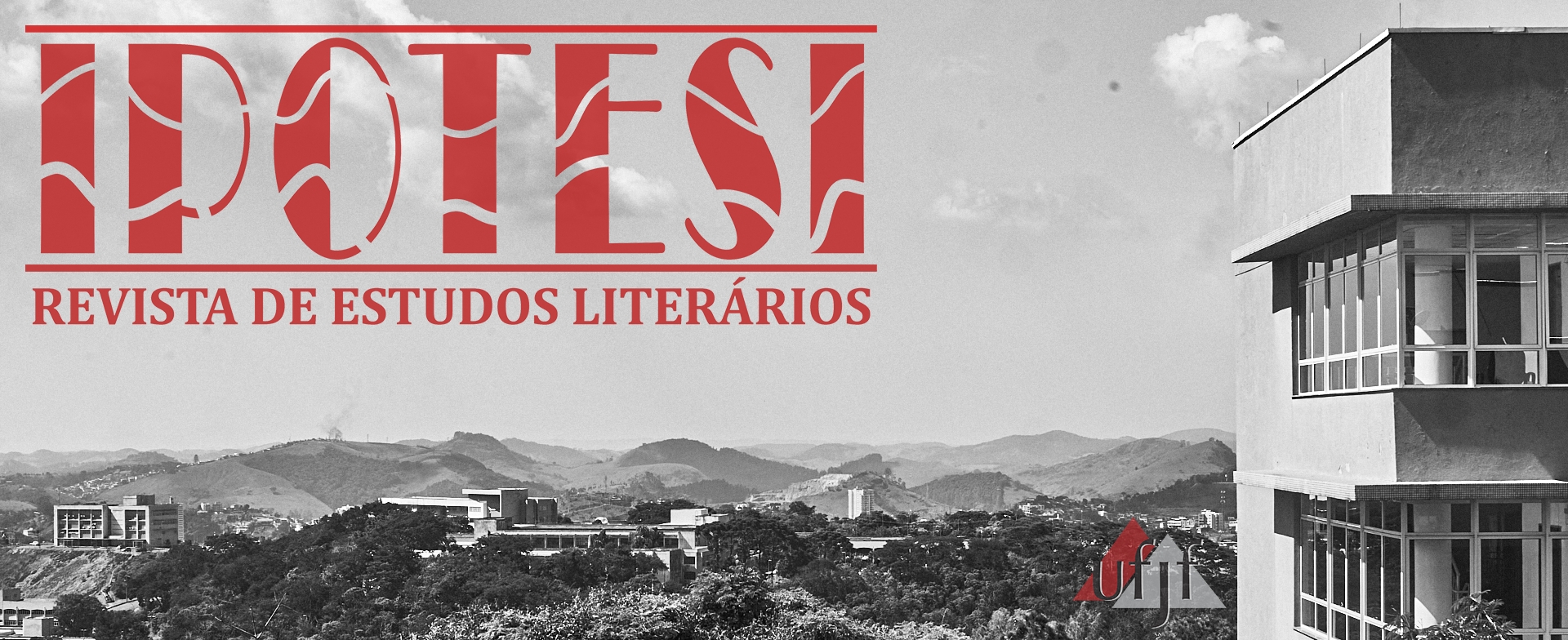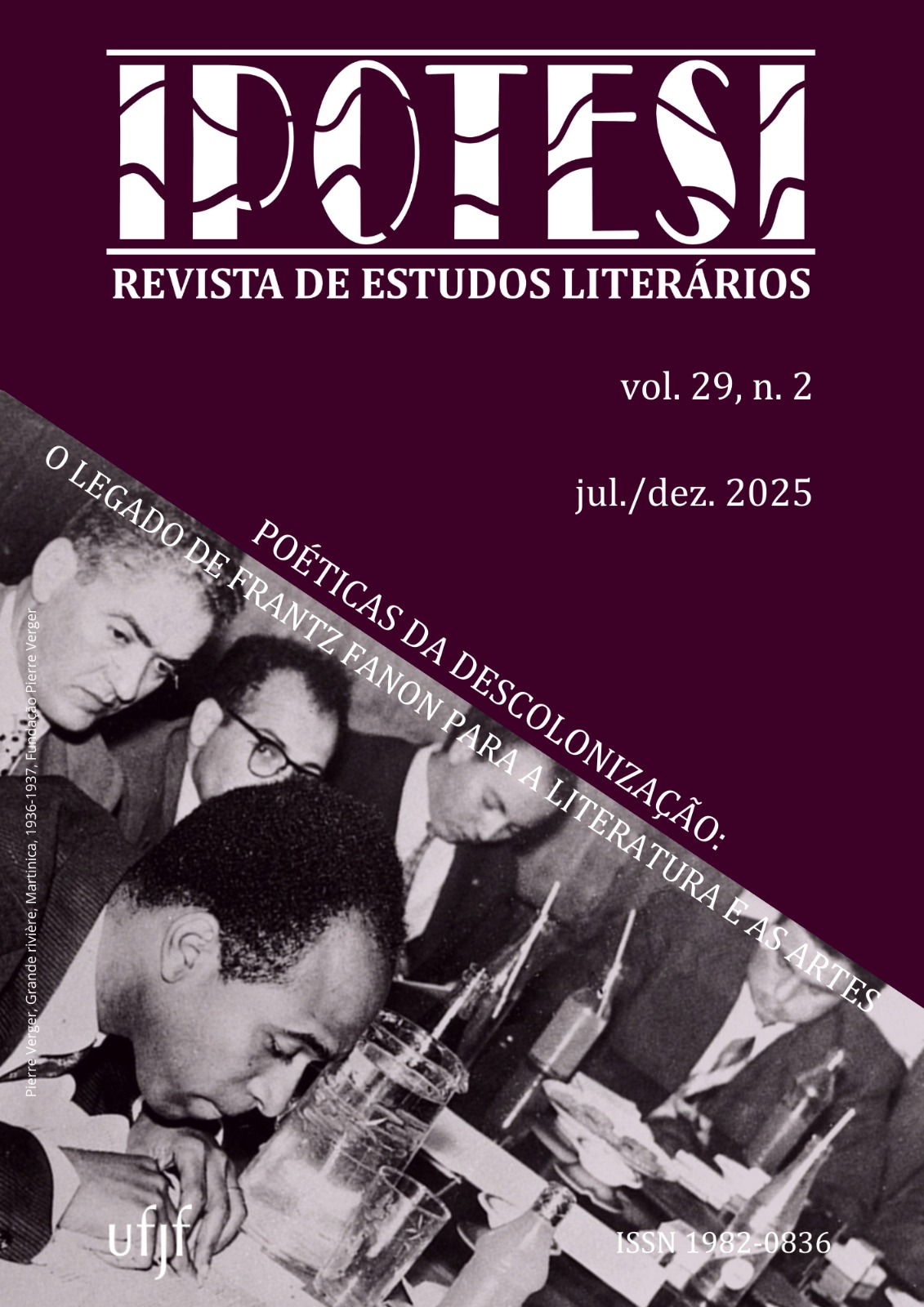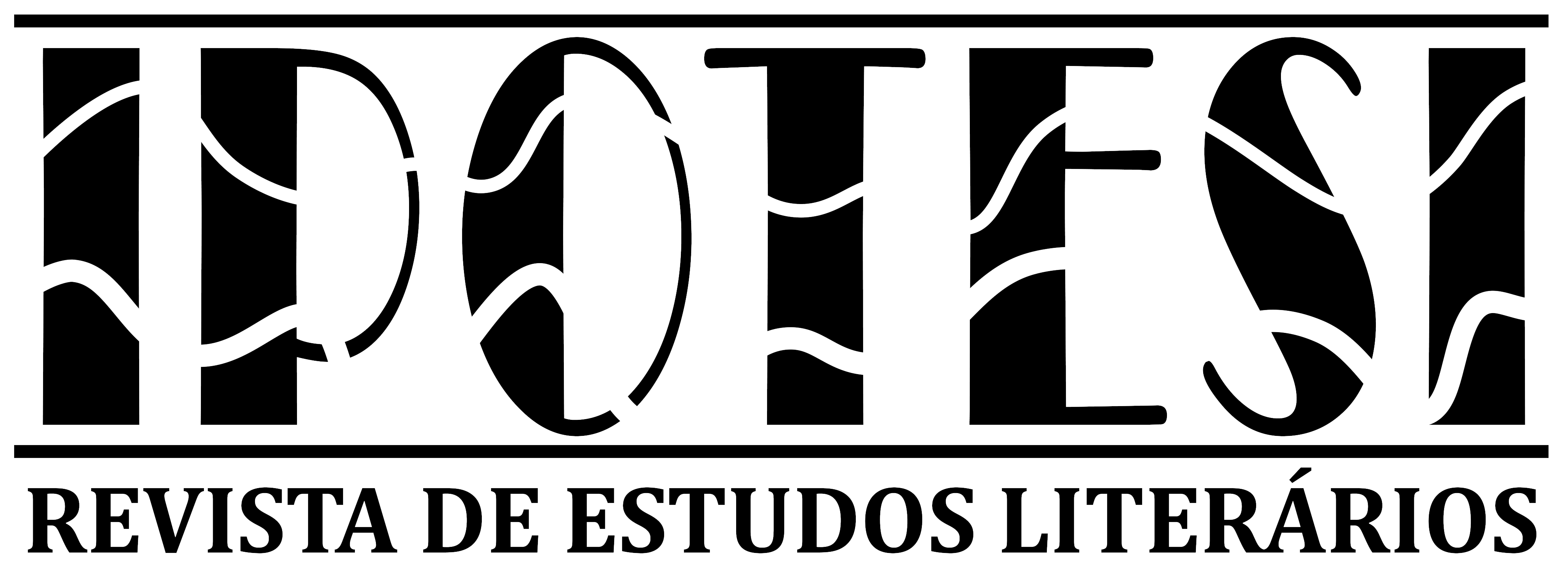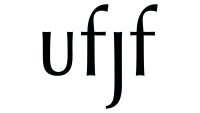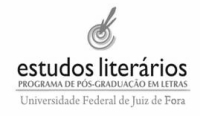PRORROGAÇÃO DA DATA DE CHAMADA: Revista Ipotesi, v. 29, n. 1, jul./dez. 2025, dossiê "Poéticas da descolonização: o legado de Frantz Fanon para a literatura e as artes". Chamada prorrogada até 01 de outubro de 2025.
Neste ano de 2025, em que se comemora o centenário do nascimento de Frantz Omar Fanon (1925-1961), a IPOTESI - Revista de Estudos Literários, v. 29, n. 2, de jul./dez. 2025, do Programa de Pós-Graduação em Letras da Universidade Federal de Juiz de Fora (UFJF), Minas Gerais, convida professores, pesquisadores e estudiosos a enviarem trabalhos que reflitam sobre o impacto do pensamento do escritor e ativista martinicano no campo da literatura e das artes.
Frantz Fanon aliou o engajamento intelectual à militância revolucionária pela emancipação negra e a independência das colônias europeias na África, deixando como legado uma obra plural que, nas palavras de Achille Mbembe, “permitiu a constituição de um campo de estudos efervescente, rizomático e, hoje, de alcance planetário”.
A atualidade de sua obra evidencia-se, neste início de milênio, não só pela publicação de estudos críticos, traduções e retraduções de seus escritos, como também pela organização de eventos por universidades e movimentos sociais, e ainda pela produção de biografias em formatos diversos -- de livros acadêmicos a infantojuvenis, passando por graphic novels e filmes -- denotando o interesse pelo pensamento do teórico e pela ação do homem político.
Prolífico e multifacetado, o campo dos estudos fanonianos agrega leituras históricas, políticas, sociológicas e psicológicas. No entanto, o impacto do autor ainda é pouco explorado na produção literária e artística. Essa abordagem se faz necessária, levando-se em conta a dedicação de Fanon à elaboração de uma teoria da cultura, seu interesse manifesto pela literatura e a dimensão poética de sua escrita.
Eixos:
- Literatura na obra do autor: escritos literários, literalidade dos seus textos teóricos, referências a escritores em seus livros;
- Impacto do pensamento de Fanon nos debates sobre cultura, literatura e artes no seu tempo e em outros períodos históricos;
- Conversações entre Fanon e o movimento negro no passado e no presente: Negritude, Pan-africanismo e Afrocentrismo;
- Análises das reflexões teóricas de Fanon sobre a literatura a cultura e as artes;
- Análises de obras literárias e artísticas -- cinema, música, artes visuais e cênicas -- sob uma perspectiva fanoniana;
- Diálogos entre Fanon e o pensamento africano e antilhano, em particular, Aimé Césaire, Édouard Glissant, Albert Memmi, Achille Mbembe;
- Evolução da presença de Fanon nos meios acadêmicos brasileiros, no campo das letras e das artes;
- Traduções e retraduções de suas obras no Brasil.
A revista “IPOTESI” também possui uma seção dedicada a outros textos (composta por contribuições que não contemplam o tema do Dossiê, mas que possuem relevância na área dos Estudos Literários). Aceitam-se contribuições em português, italiano, inglês, castelhano e francês.
Coordenadores de número: Profª. Dra. Fernanda Murad Machado (UFJF) e Prof. Dr. Michel Mingote Ferreira de Azara (UFJF).
NOVA DATA DE ENVIO DOS TEXTOS (Artigos, Traduções, Resenhas, Escrita Criativa): até o dia 01 de outubro de 2025.
Leer más acerca de PRORROGAÇÃO DA DATA DE CHAMADA: Revista Ipotesi, v. 29, n. 1, jul./dez. 2025, dossiê "Poéticas da descolonização: o legado de Frantz Fanon para a literatura e as artes". Chamada prorrogada até 01 de outubro de 2025.